Accounts
What is a high-yield savings account: a comprehensive guide
Are you looking for a high-yield savings account? If so, you've come to the right place. In this comprehensive guide, we'll show you what a high-yield savings account is. So, read on to learn more!
Advertisement
Is high-yield savings account a good investment? Find out here!
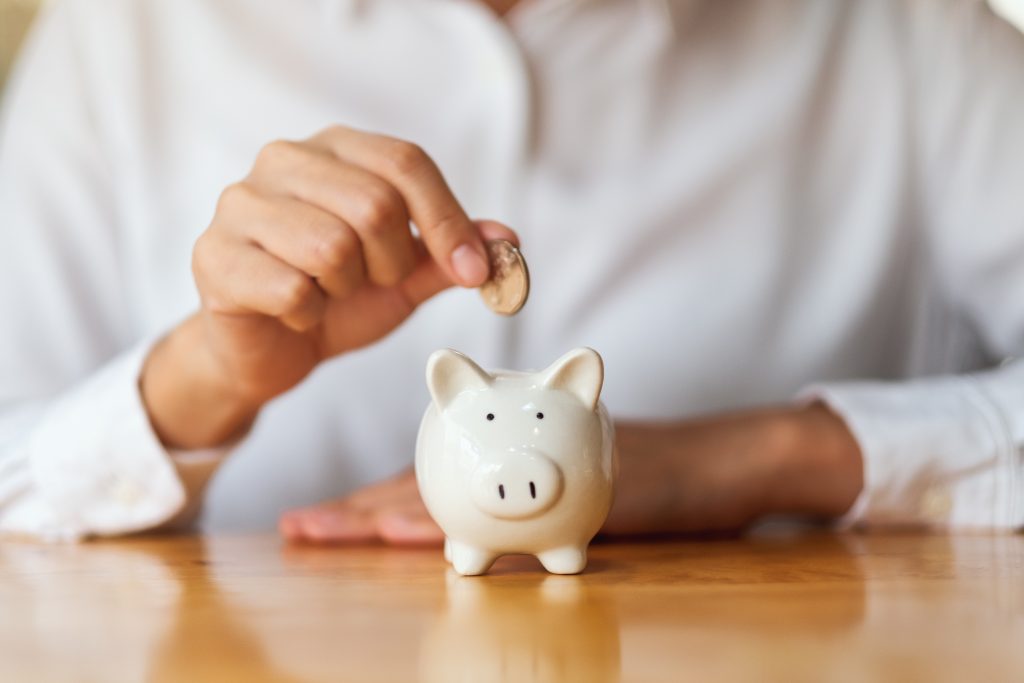
Are you searching for a high-yield savings account? If that’s the case, you’ve come to the right place! This post will go through all there is to know about high-yield savings accounts.
With a high-yield savings account, your money will grow more quickly than it would in a typical one.
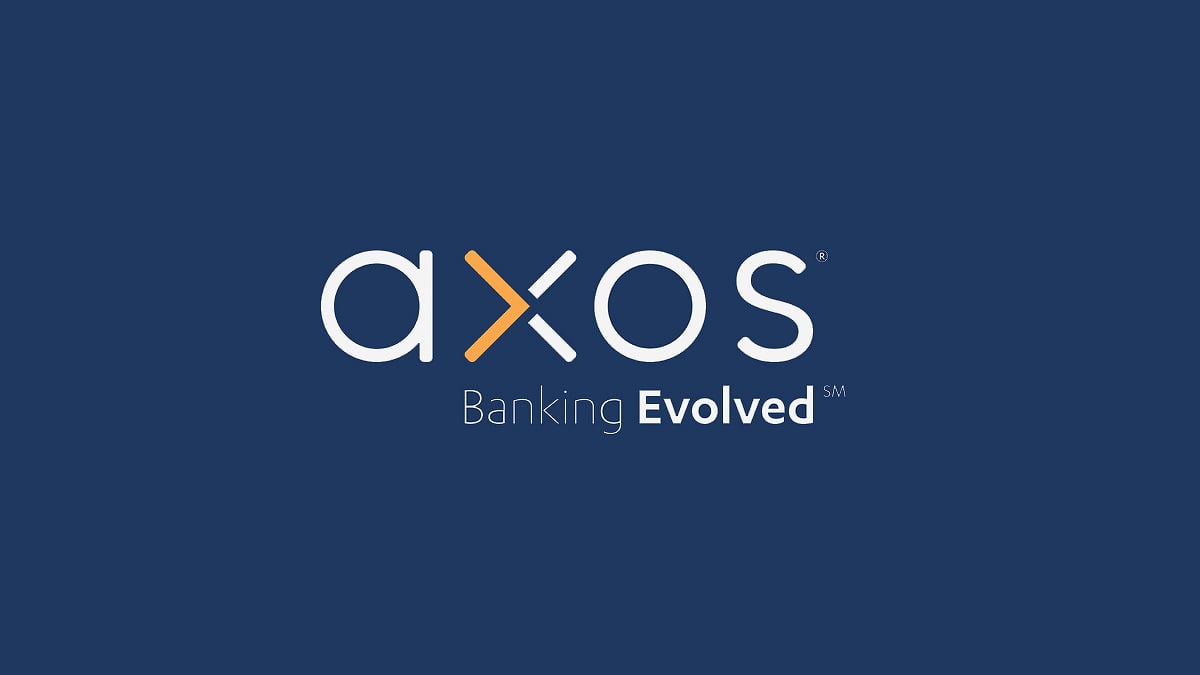
How to open an Axos High Yield Savings Account
If you're looking for an online savings account, the Axos High-Yield Savings account is a good place to start. Learn about its features and application process here!
So, we will explore what high-yield savings accounts are and how they operate, as well as why they might be a smart alternative for you.
So, if you want to learn more about high-yield savings accounts, keep reading!
You will be redirected to another website
You’ll receive messages for less than 1 week, with a maximum of 1 message per day. You can unsubscribe anytime by replying STOP. By submitting this form, I confirm that I am 18+ years old and agree to the Privacy Policy and Terms and Conditions. I also provide my signature, giving express consent to receive informational messages via automated emails, SMS, MMS text messages, and other forms of communication. Message frequency may vary as part of our good-faith effort to respond to your inquiry. Message and data rates may apply. Text STOP to cancel. I understand that my consent to receive communications is not a condition of purchase and that I may revoke my consent at any time.
Advertisement
What is a high-yield savings account?
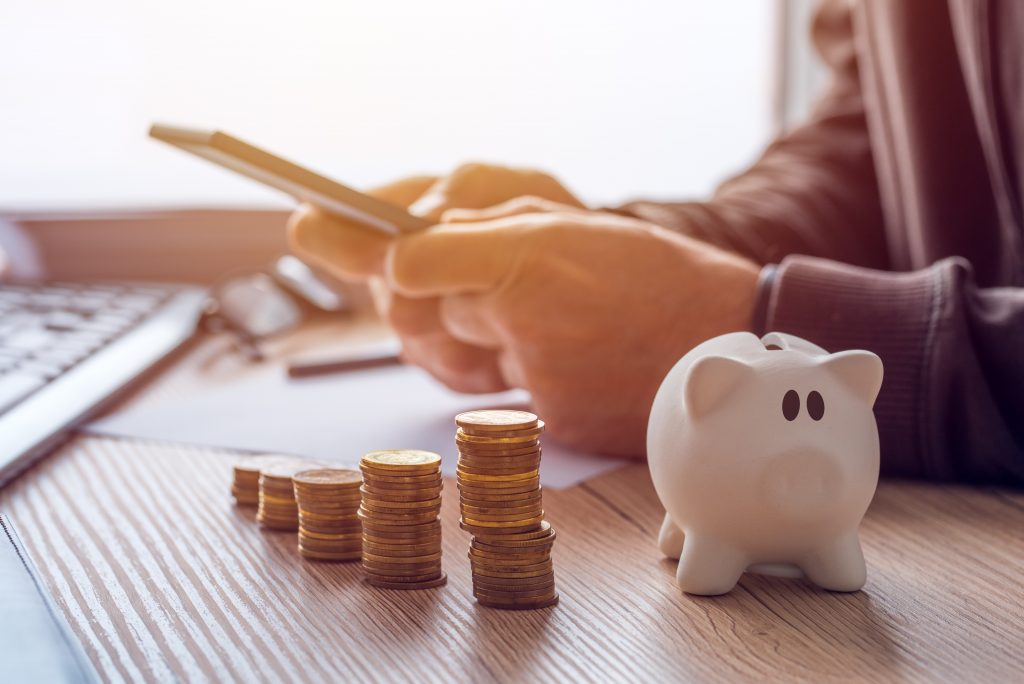
A high-yield savings account provides a higher interest rate than a traditional savings account. So it means that you can earn more money on your savings.
High-yield savings accounts are FDIC insured. Likewise, it is a bank account that is protected by the Federal Deposit Insurance Corporation (FDIC) against bankruptcy or theft.
Then, just like traditional savings accounts, you can feel confident that your money is safe.
If you want it, many banks offer high-yield savings accounts. You can usually open one with a small deposit.
However, interest rates on high-yield savings accounts can change, so it’s important to compare rates before you open one.
That said, you might wonder what differentiates high-yield savings accounts from regular savings accounts.
The answer is that they only diverge in the interest rate, which is higher in the high yield.
Apart from that, they work the same: you deposit and get interested in return. And you can have a limited number of withdrawals a day, too.
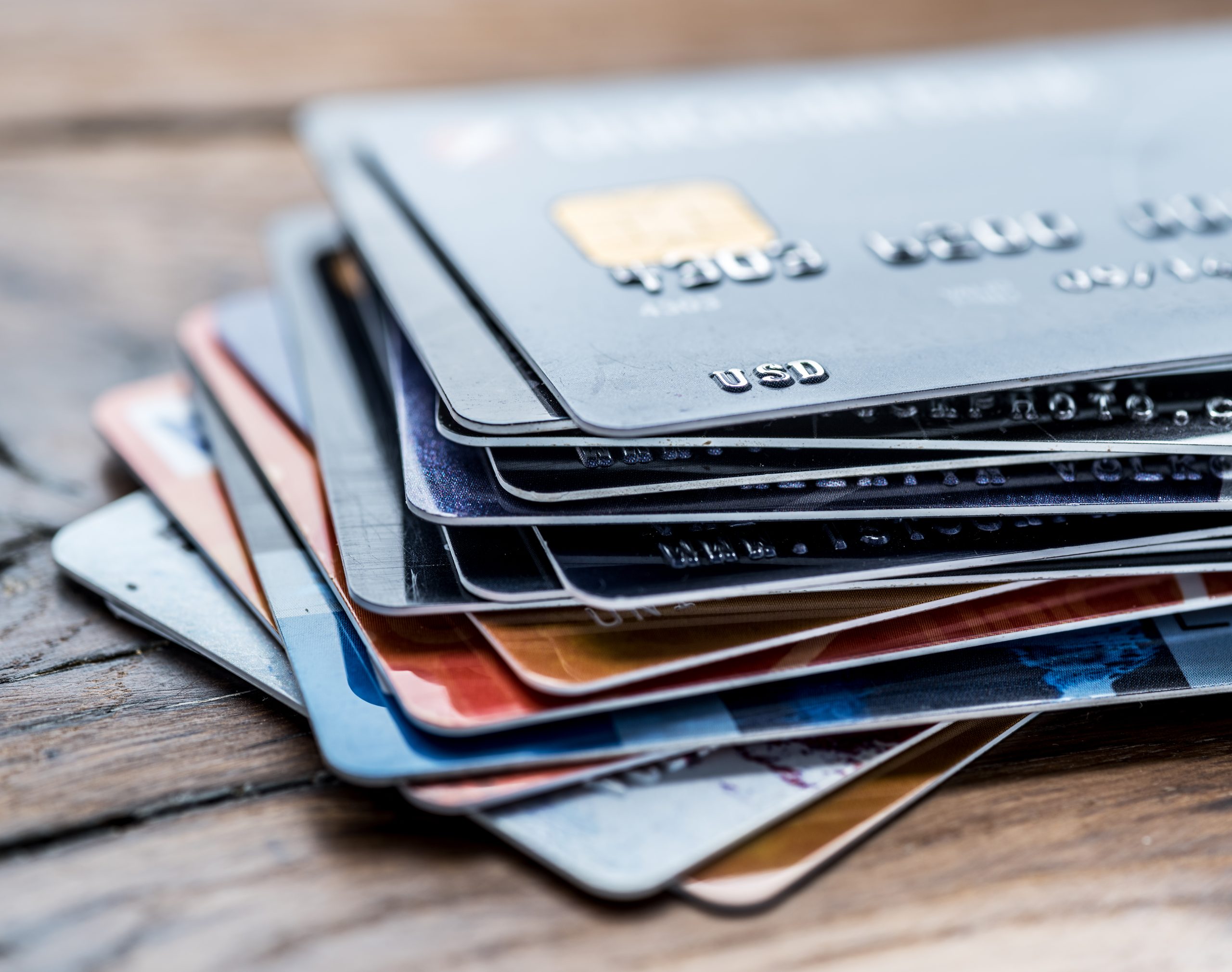
Choose the perfect credit card for your finances
When you choose the best credit card for you, it can be a challenge. We are here to help you! Learn how your credit score can be decisive. See our guide to learn more!
You can use high-yield savings accounts for various purposes: vacation, wedding, buying your first car, or any other plan that requires financial planning.
With a high-yield savings account, you can grow your funds long-term while keeping your money safe. Great, isn’t it?
If you are considering opening a high-yield savings account, you should weigh the benefits and drawbacks that may make them worth or not worth your time or money.
Let’s look at some of these factors, so you’ll have a better understanding before making our decision:
Benefits
As mentioned before, a high-yield savings account can offer a greater interest rate than a typical savings account.
So the first benefit is that it helps you earn more money on your money.
A higher interest rate means that you make more interest over time, which can help you reach your financial goals faster.
In addition, it usually has no monthly fees because they are most typical of online banks. And that can further increase your earnings!
A high-yield savings account usually offers a lower interest rate than a certificate deposit or money market account. However, it is still a good option if you want to earn interest in your money while keeping it safe.
Advertisement
Disadvantages
Aside from the good things, there are some disadvantages to consider in a high-yield savings account. Let’s take a look at them.
First, one downside is that high-yield savings accounts often have higher minimum balance requirements.
This means that you may need to keep more money in the account in order to earn a higher interest rate.
Additionally, high-yield savings accounts typically have lower withdrawal limits than traditional savings accounts. So it can make it difficult to access your money if you need it in an emergency.
Finally, high-yield savings accounts may offer fewer perks and features than traditional accounts.
Then before opening a high-yield savings account, be sure to research all the pros and cons to see if it’s the right fit for you.
What to look for when choosing a high-yield savings account?

Whether you’re looking for the best high-yield savings account or just want to save a little more money, it is important that your options are well understood.
The following information will help you make an informed decision when choosing a high-yield savings account that works best based on your lifestyle changes and needs.
Advertisement
1. Make sure the account is FDIC insured
When you open a high-yield savings account, one important thing to remember is to ensure it is FDIC insured. That will protect your account from bank failures and bankruptcy.
So, by keeping your money in an FDIC-insured account, you can be sure that your money is secure.
2. Look for an account with no or low fees
Some accounts have monthly maintenance fees or transaction fees, and that can cost part of the money you want to save.
Usually, high-yield savings accounts have lower fees than other types of accounts, making them a good option for people who want to grow their savings.
So, when you look for one, be sure to compare the interest rates and fees of different accounts to find the best deal for you.
3. Find an account that offers automatic transfers
Finding an account with automatic transfers can help you keep your account funded so you can make the most of the interest rate.
Many high-yield savings accounts offer automatic transfers, and then your deposited funds will be automatically transferred into your account each month.
4. Don’t forget to compare interest rates
Shop around to find the best rate. As many banks offer high-yield saving accounts, there might be competition to provide more attractive interest from one to another.
However, always watch out for the bottom lines to see if the offer matches the ad. By doing that, make sure you understand the terms and have everything cleared out.
Choosing the right account can be a great way to boost your earnings. All you need is to do your research and compare and analyze the best one for your needs.
So is a high-yield savings account right for you? After considering everything we’ve explored today, we believe you are ready to answer that on your own.
At the end of the day, they can be a great way to save some bucks and make your money work harder for you.
If you want to keep learning about your finances, read our post below to know when you should consider getting a secured credit card!

When should you consider a secured credit card?
If you're suffering from a bad credit score, you should consider getting a secured credit card to improve it. Read this content to see if it's the right option for you.
Trending Topics
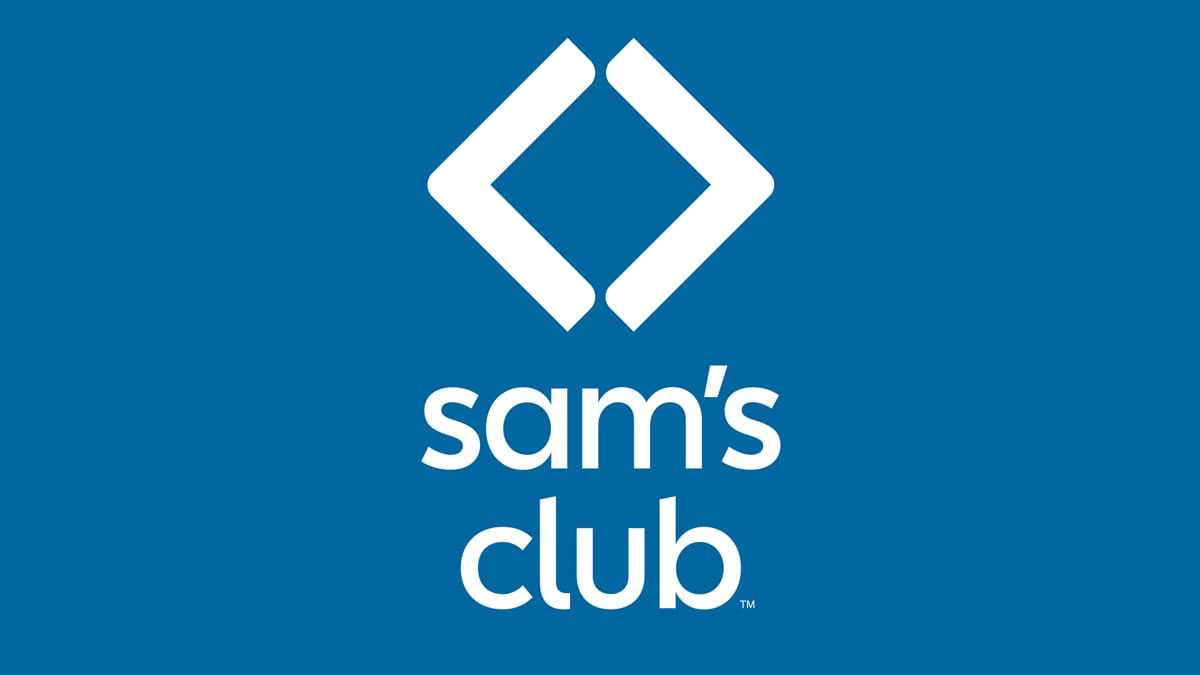
Application for the Sam’s Club Credit Plus Member Mastercard card: how does it work?
Learn how to apply for a Sam’s Club Credit Plus Member Mastercard card and start earning cash back on your purchases today!
Keep Reading
ZippyLoan review: how does it work and is it good?
Looking for a loan? In our ZippyLoan review, you'll see one of the top online lenders' platforms. Borrow up to $15K for several purposes!
Keep Reading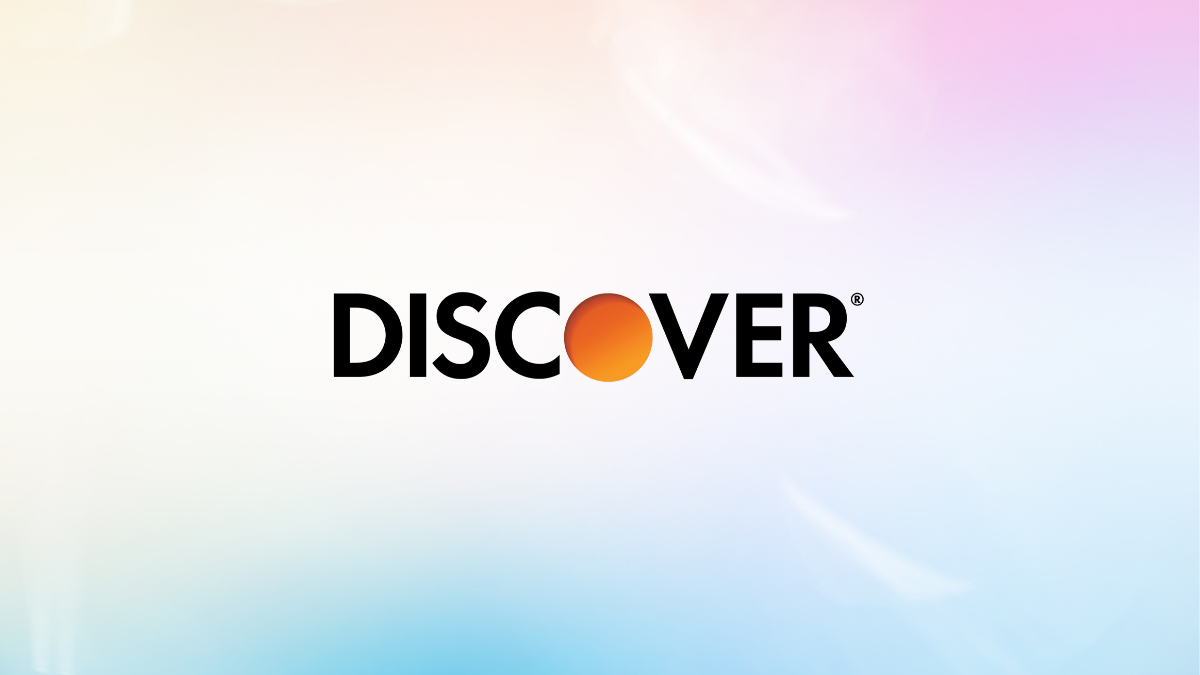
Discover it® Chrome Gas & Restaurant Credit Card review
Earn up to 2% cash back on all purchases with this card! Find out in our Discover it® Chrome Gas & Restaurant Credit Card full review.
Keep ReadingYou may also like
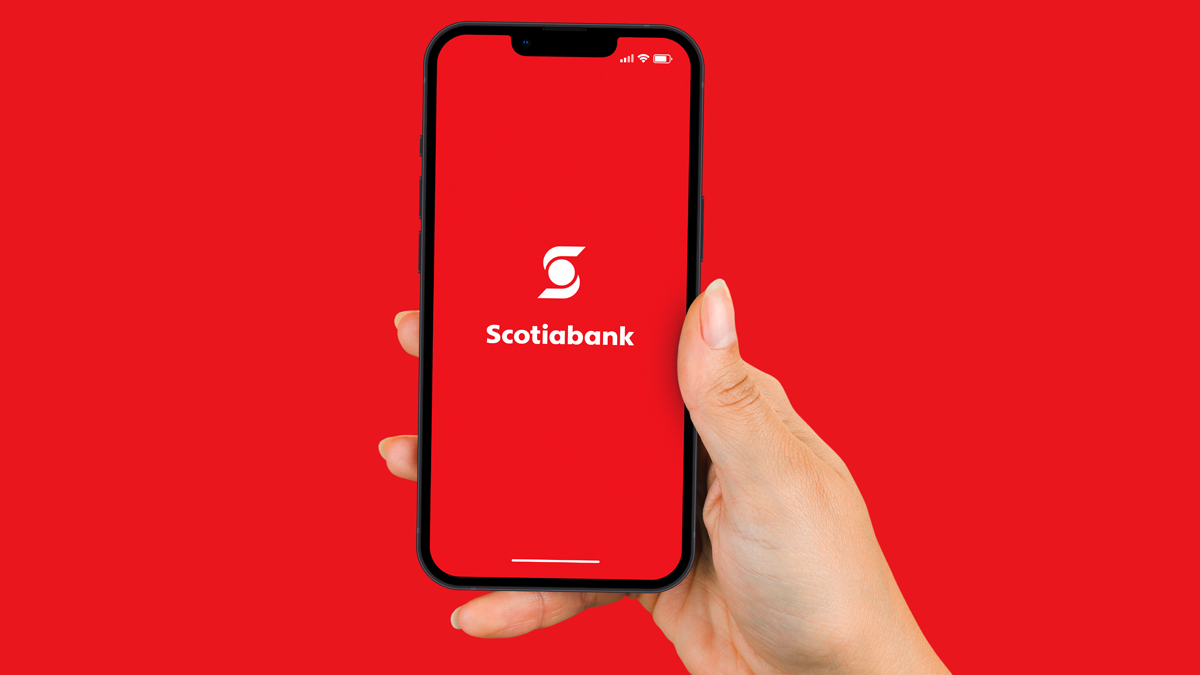
Scotiabank Preferred Package Account Review
Explore our in-depth Scotiabank Preferred Package review for insights on its unlimited transactions, savings perks, and fee waiver criteria!
Keep Reading
What is a mortgage and how does it work?
What is a mortgage? Find the answer to this question, understand how it works, and how to apply for one. Read on!
Keep Reading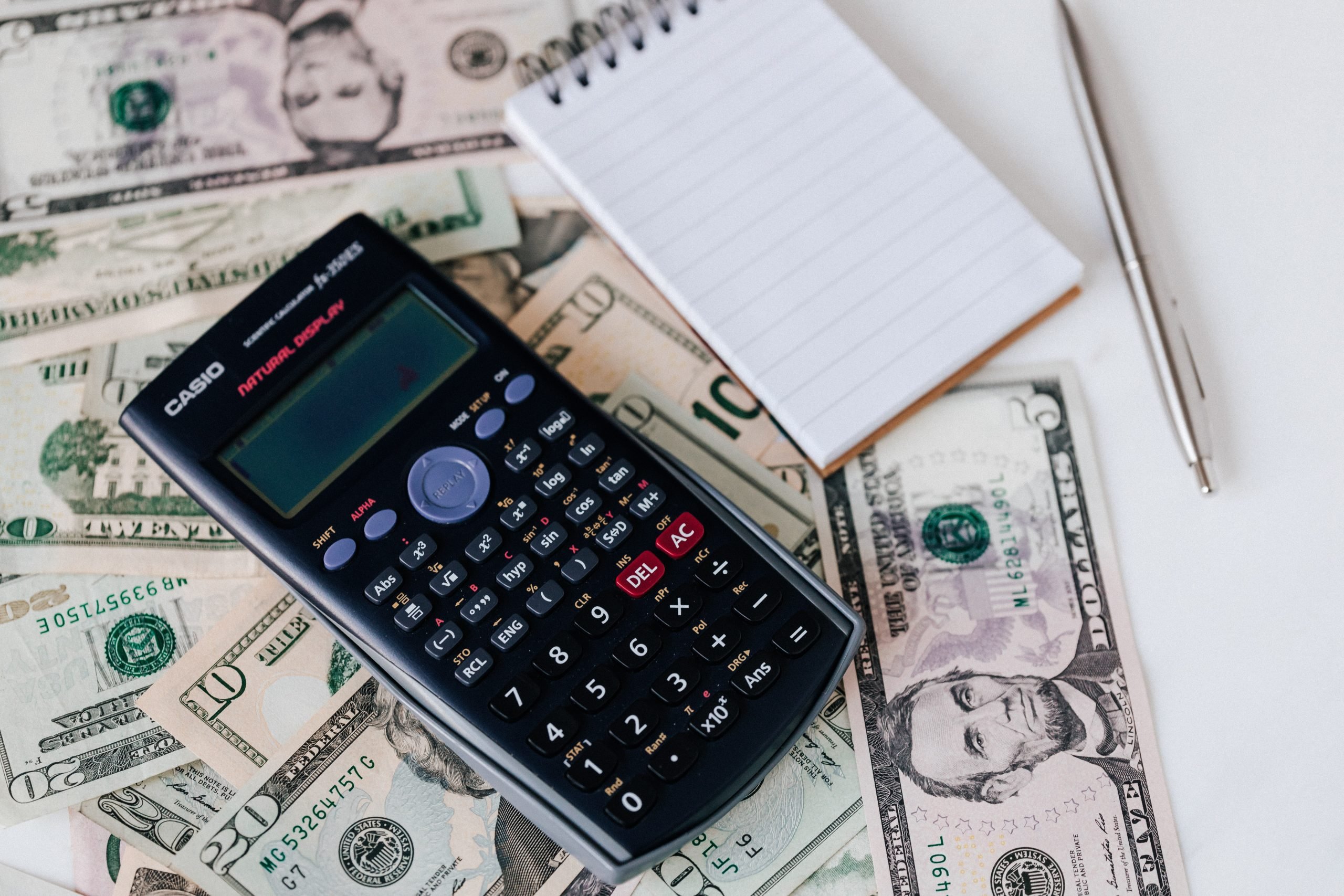
Choose the perfect loan for you: see the best options!
Wondering what to consider in a loan? Learn how to choose a loan, what to look for, and much more. Read on!
Keep Reading